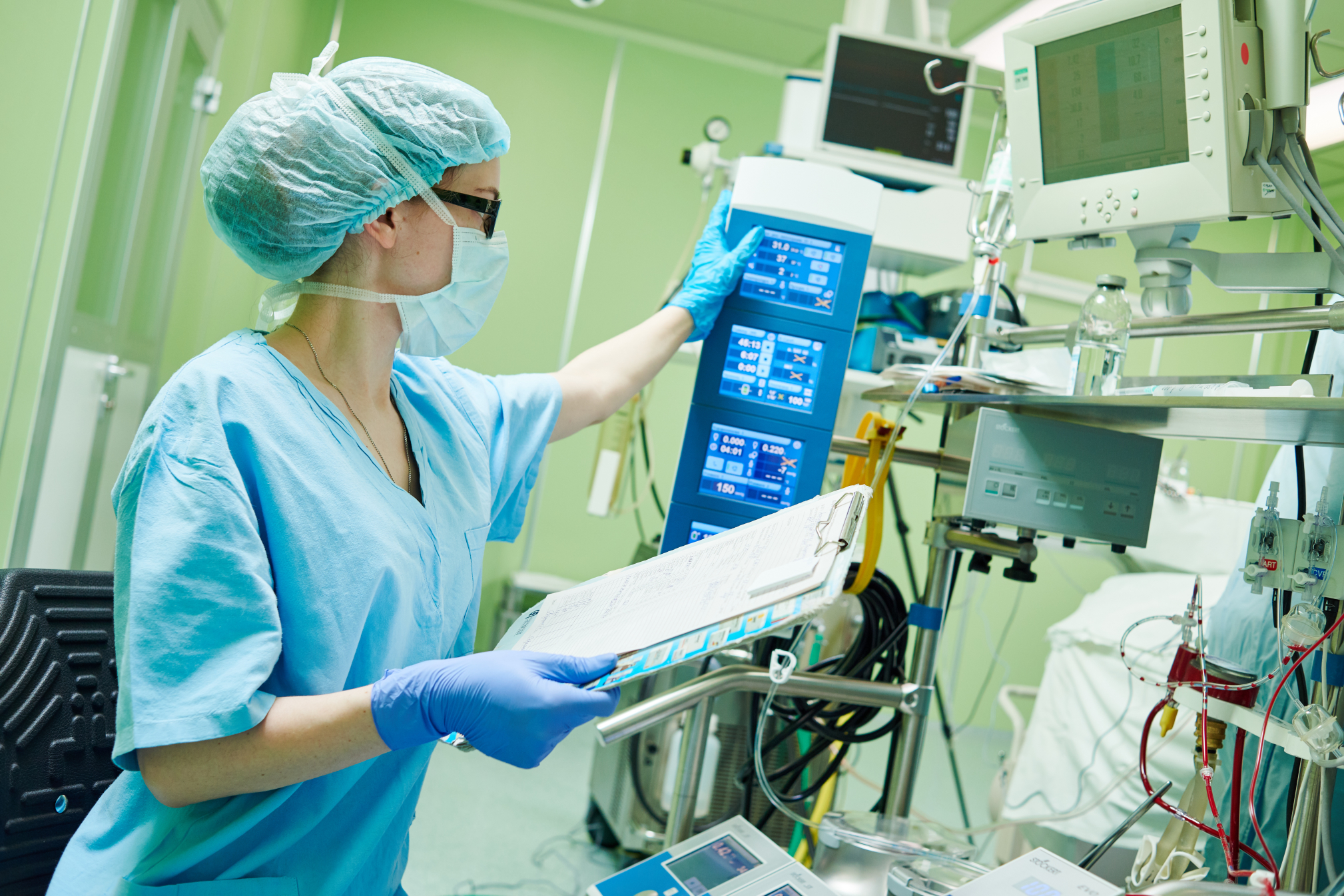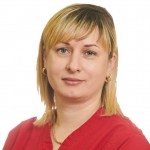Department of Anesthesiology and Intensive Care No. 1
The Department of Anesthesiology and Intensive Care No. 1 (with extracorporeal circulation group) of pediatric surgery deals with all types of anesthesia in children of different age groups, anesthesia for children with congenital heart defects, cardiac arrhythmias, congenital malformations of the abdominal cavity, lungs, purulent-inflammatory diseases of the skin and subcutaneous tissue, planned and emergency operations on the heart and abdominal organs.
The extracorporeal Blood Circulation group is engaged in conducting artificial blood circulation in children with congenital heart and respiratory diseases of all age groups, provides renal replacement therapy (artificial kidney).
Annually, about 600 patients with congenital heart defects receive high-tech specialized care in our department, about 5,000 children with diseases of the abdominal cavity, lungs, skin and subcutaneous fat fiber.



Department staff

Alexey Alexandrovich
anesthesiologist and intensive care specialist
(Head of Department)
first qualification category

Ekaterina Gennadievna
anesthesiologist-intensive care specialist
the second qualification category

Olga Alexandrovna
anesthesiologist-intensive care specialist,
the highest qualification category

Olga Viktoronva
anesthesiologist and intensive care specialist

Vlasova
Natalia Nikolaevna
head nurse
The range of services of the department
preoperative
preparation, balanced anesthesia
during operations on the heart and lungs of the abdominal cavity, skin and subcutaneous fat for children of all age groups, taking into account the individual characteristics of patients.
the use of extracorporeal blood circulation methods:
ECMO, right-, left-, biventricular bypass.
the use of an ``artificial kidney``, the use of new methods of artificial ventilation:
non-invasive ventilation, oscillatory ventilation of the lungs
performing artificial blood circulation in conditions
of normal-, moderate and deep hypothermia in children of all age groups.
cardiocirculatory arrest, selective bracheocephalic perfusion.
conducting extracorporeal membrane oxygenation.
mono-, biventricular bypass
treatment and examination of patients with pulmonary hypertension of various etiologies
